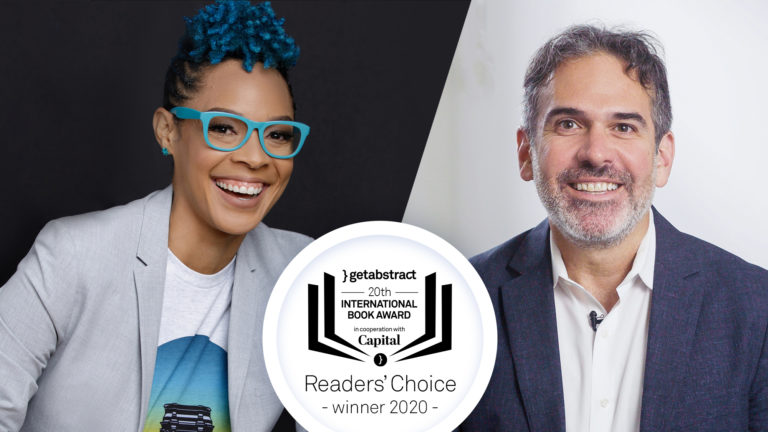
Book
Subtle Acts of Exclusion
How to Understand, Identify, and Stop Microaggressions
Read or listen offline
Amazon Kindle
auto-generated audio
1×
Log in to listen to the audio summary.
auto-generated audio
Recommendation
Everyone has unconscious biases. Though most “subtle acts of exclusion“ are not malicious, if people commit them unchecked, their effects can demoralize a workforce. Leaders seeking a more inclusive culture must discuss sensitive subjects like racism or sexism, even at the risk of getting the words wrong. Dr. Tiffany Jana and Dr. Michael Baran explain how your organization can put inclusive policies into place while never sugarcoating potential difficulties. They suggest activities for building awareness and inclusion, both important values that foster resilient teams of engaged employees.
Summary
About the Authors
TMI Portfolio’s CEO Tiffany Jana co-wrote Overcoming Bias. Scientist Michael Baran is a senior partner at inQUEST Consulting.



























Comment on this summary